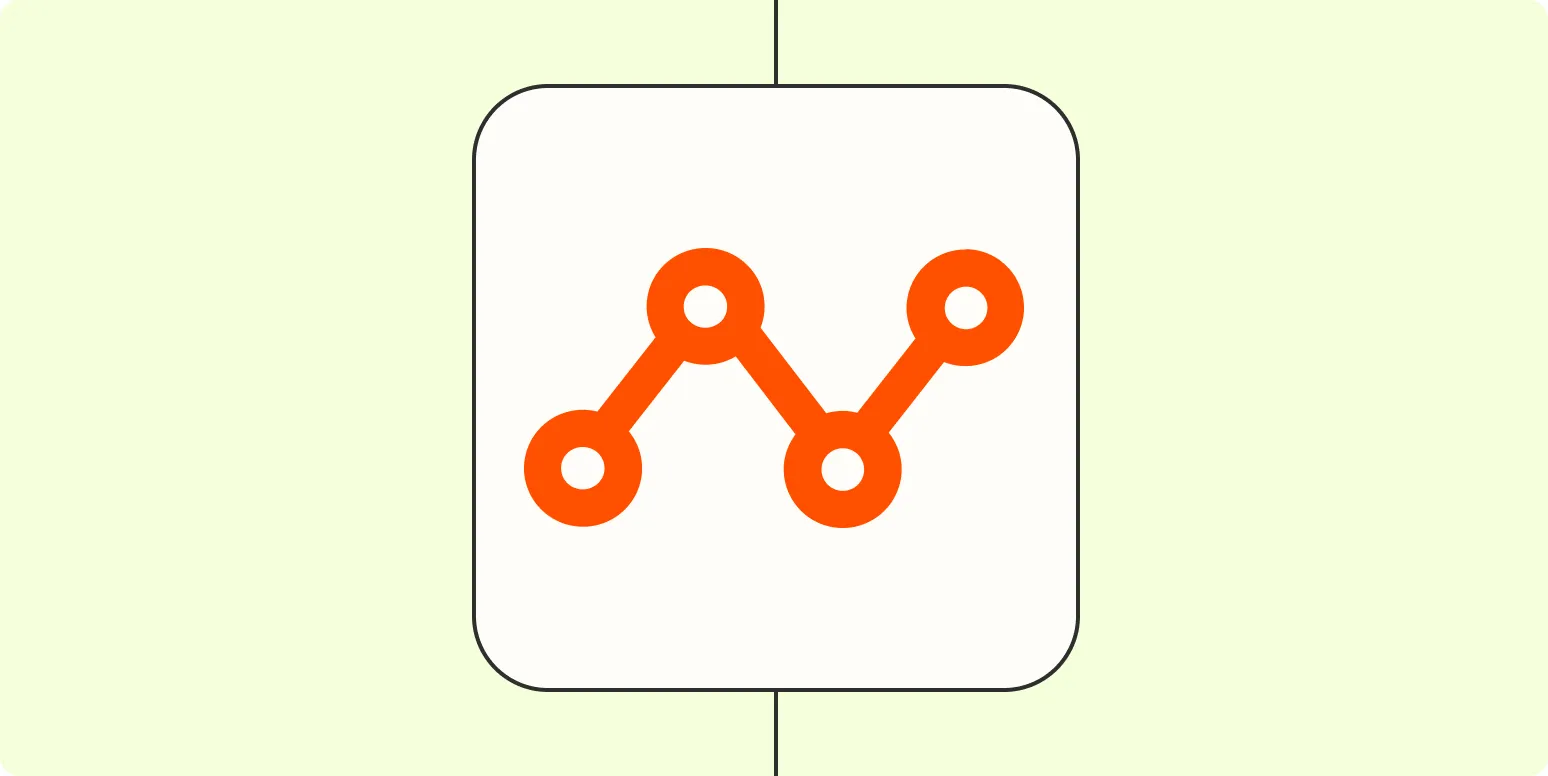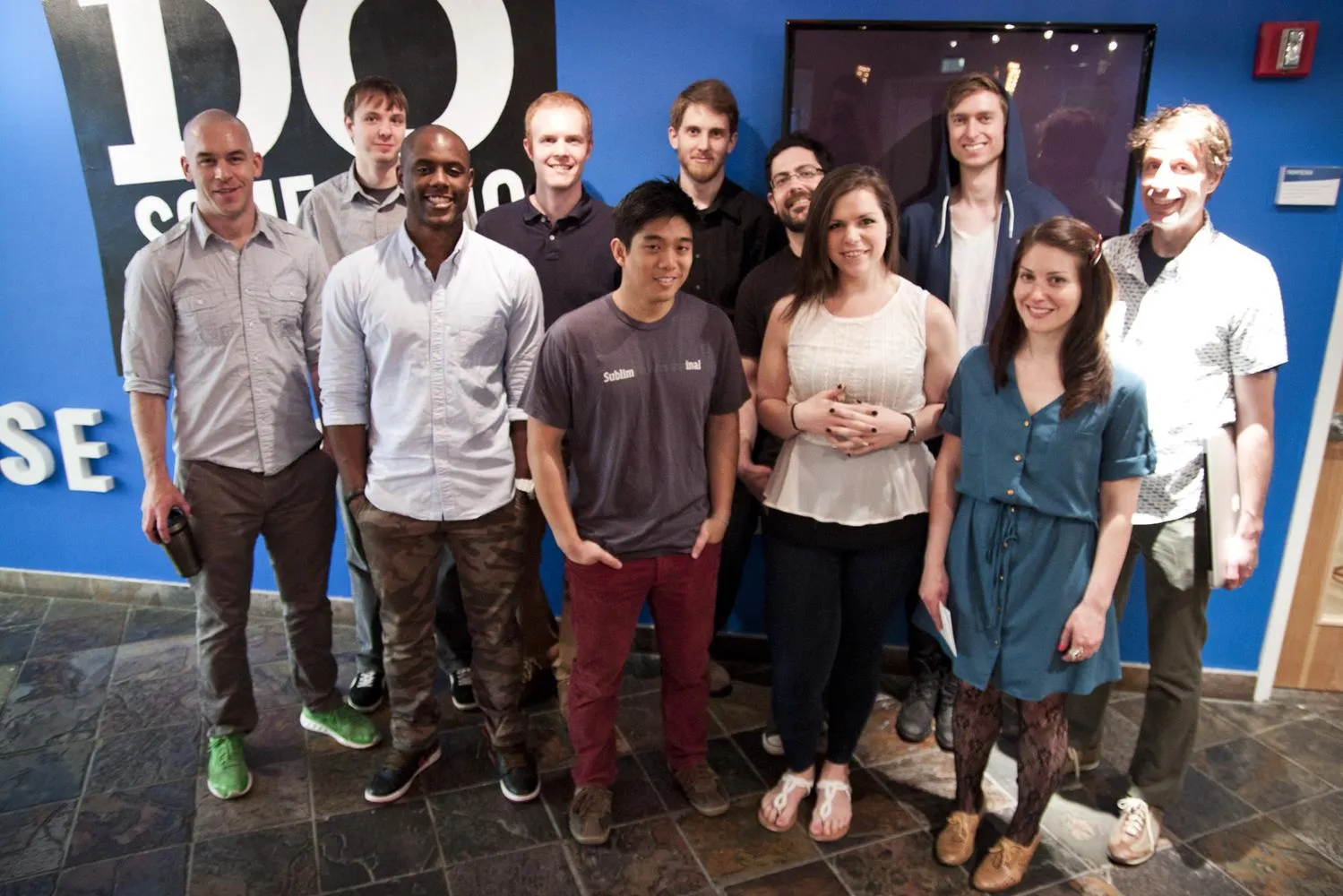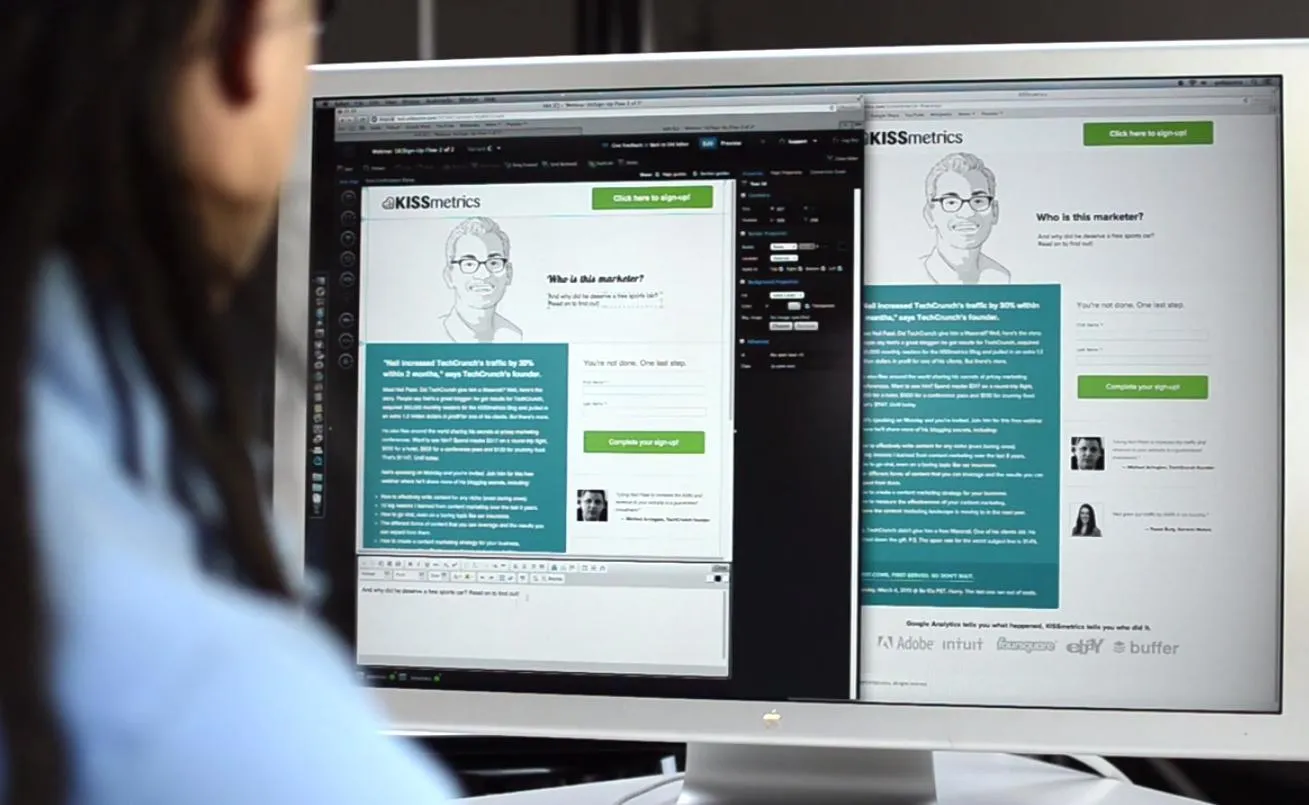1. Implementing Automated Data Collection Tools
One of the primary ways marketers can automate data analytics is by employing automated data collection tools. These tools can efficiently gather data from various online sources, including social media platforms, websites, and customer relationship management (CRM) systems. By utilizing tools like Google Analytics, marketers can track user behavior, engagement metrics, and conversion rates without manual intervention. This streamlines the process of data gathering, allowing marketers to focus on analysis and strategy development.
For instance, platforms like referrerAdCreative can be integrated with data collection tools to seamlessly track the performance of advertising campaigns across different channels. This integration ensures that marketers receive real-time data, enabling them to make informed decisions quickly.
2. Utilizing Machine Learning for Predictive Analytics
Machine learning technologies have revolutionized how marketers approach data analytics. By leveraging machine learning algorithms, marketers can automate predictive analytics, allowing them to forecast future trends based on historical data. This capability is particularly useful for understanding customer behavior and identifying potential market shifts.
For example, through platforms like referrerAdCreative, machine learning models can analyze past campaign performances to predict which ad creatives are likely to succeed in future campaigns. This not only saves time but also enhances the effectiveness of marketing strategies by targeting the right audience with the right message at the right time.
3. Automating Reporting and Dashboard Creation
Creating reports and dashboards can be time-consuming for marketers, especially when dealing with large volumes of data. However, automation tools can simplify this process significantly. By utilizing reporting solutions that integrate with data sources, marketers can automatically generate comprehensive reports that provide insights into campaign performance, audience engagement, and overall marketing effectiveness.
For instance, using tools that sync with referrerAdCreative allows marketers to visualize data in user-friendly formats, such as graphs and charts. This not only enhances understanding but also enables teams to share insights quickly across departments, fostering collaboration and strategic alignment.
| Benefits of Automated Reporting | Impact on Marketing Strategy |
|---|---|
| Time-saving | Focus on strategy rather than data collection |
| Enhanced accuracy | Minimized human error in data interpretation |
| Real-time insights | Ability to make quick adjustments to campaigns |
4. Leveraging Marketing Automation Platforms
Marketing automation platforms are essential tools for modern marketers aiming to streamline their data analytics processes. These platforms offer a suite of features that automate various aspects of marketing, including data analytics, campaign management, and customer segmentation.
By integrating solutions like referrerAdCreative with marketing automation platforms, marketers can automate the analysis of campaign data, segment audiences based on behavior, and deliver personalized content at scale. This not only enhances the relevance of marketing efforts but also increases the likelihood of engagement and conversion.
Moreover, marketing automation platforms often come equipped with A/B testing capabilities, allowing marketers to automatically test different ad creatives and optimize their performance based on real-time data analytics. This level of automation not only saves time but also improves the overall effectiveness of marketing campaigns.
| Features of Marketing Automation Platforms | Benefits |
|---|---|
| Audience segmentation | Targeted marketing efforts |
| Real-time analytics | Informed decision-making |
| A/B testing | Optimized ad performance |
In conclusion, automating data analytics is a game-changer for marketers. By implementing automated data collection tools, leveraging machine learning for predictive analytics, automating reporting processes, and utilizing marketing automation platforms, marketers can enhance their efficiency and effectiveness. The integration of tools like referrerAdCreative into these processes allows for a more streamlined approach to understanding and optimizing marketing strategies, ultimately driving better results and maximizing ROI.





